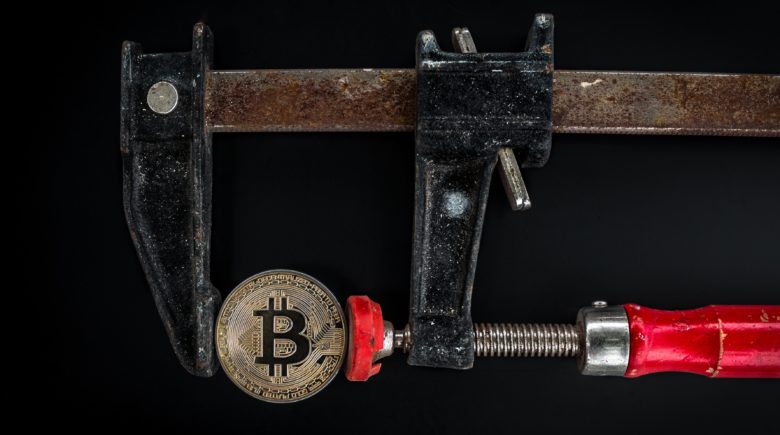The G20 Financial Leaders Agreed On How To Regulate Crypto-assets

A new document released as a result of a G20 financial leaders’ forum explains how a kind of global government will deal with Bitcoin and other crypto-assets. The G20 Financial Leaders named the three established international, intergovernmental regulatory bodies that would be in charge to keep the stability of the global financial system when it comes to crypto assets. Money laundering, standards for securities, and financial system stability are the aspects that would be handled on an international level.
G20 sees crypto-assets rather positively, saying they could be beneficial for the global financial system as long as states retain sovereignty over the more significant part of their funds.
At the end of June, financial ministers and central bank governors of G20 met in Fukuoka, Japan. At the end of the summit, 14 decisions were made, and one of them was dedicated to Bitcoin, cryptocurrencies, reads a Medium post by Altcoin Magazine.
+++How Is The World Preparing For Facebook’s Currency Libra+++
Crypto-assets could be beneficial for the financial system
Technological innovations, including those underlying crypto-assets, can deliver significant benefits to the financial system and the broader economy. While crypto-assets do not pose a threat to global financial stability at this point, we remain vigilant to risks, including those related to consumer and investor protection, anti-money laundering (AML) and countering the financing of terrorism (CFT), reads the text quotes by Altcoin Magazine.
The G20 pointed out that Bitcoin should be entirely banned only in the event in which it influences the stability of the global financial system. They think that cryptocurrencies and blockchain could be beneficial. To sum it up, as long as the states retain sovereignty over the more significant part of the funds, Bitcoin is not a threat. The three issues that G20 amplifies are the risk for customers, money laundering, and financial terrorism.
Three international bodies to regulate crypto-assets
The Financial Action Task Force (FATF) is the first regulator that the G20 is mentioning. This might indicate that it would take the most important role. The FATF is an intergovernmental body that develops global standards for AML. Seen as the world’s highest financial regulator, its standards are usually implemented by most of the countries around the world. G20 expresses its commitment to work with FATS Standards to digital assets and in collaboration with AML and combating the financing of terrorism-related providers. The group will look for guidance from FATF while implementing its practices.
When it comes to crypto exchanges and digital assets trading platforms G20 will rely on the International Organization of Securities Commissions (IOSCO). Customer protection and market integrity are under the scope of IOSCO, as it is recognized as the global standard-setter for the securities sector. The regulatory body, with similar functions to the FATF, but for securities. G20 Governments will encourage their officials to take IOSCO’s analysis into account and to consider including them into the legislation of national jurisdictions.
To monitor risks that crypto-assets put onto the global financial market, G20 welcomed the Financial Stability Board (FSB). While FATF is dealing with money laundering and IOSCO with securities, the FSB defines its responsibilities on a much broader range – the financial stability. It aims to prevent actions that might lead to crises, therefore it has the highest authority when it comes to issues that threaten financial markets stability. Using its reports on decentralized financial technologies, FAFT will strengthen the conversation with a wider group of stakeholders. It will provide effective practices in the event of a cyber incident. These are again issues that could give a reason to G20 countries to agree on a ban. FSB will monitor the risks and, if necessary, will tighten its recommendations.
Why care?
For now, those decisions might not sound like having big significance. In the event of Bitcoin started to threaten Fiat currencies, it might become current again. FAFT regulations will be implemented by the countries individually. Тhe companies under G20 jurisdictions would have to comply with them. It would not matter if they working with virtual currencies and tokens or with euros, as they have to apply to the same rules. Pitting those companies under the same hat would allow more significant responsibility to be taken in an event of a violation.
Read also:
+++Is Facebook’s Libra A Cryptocurrency Or A Whole New Fiscal System+++





























